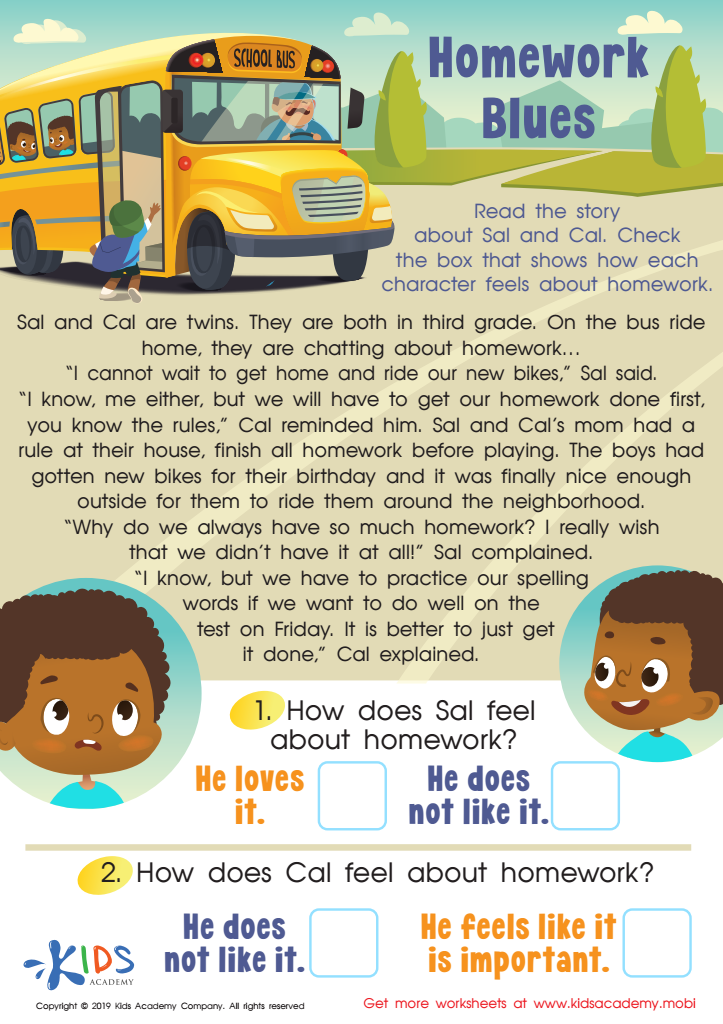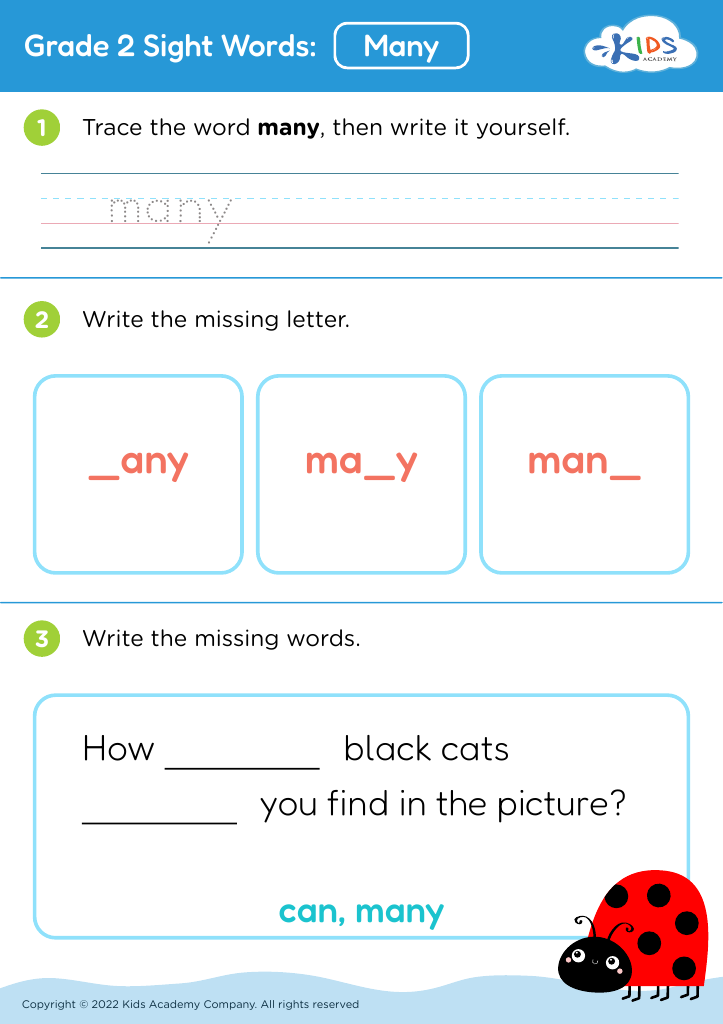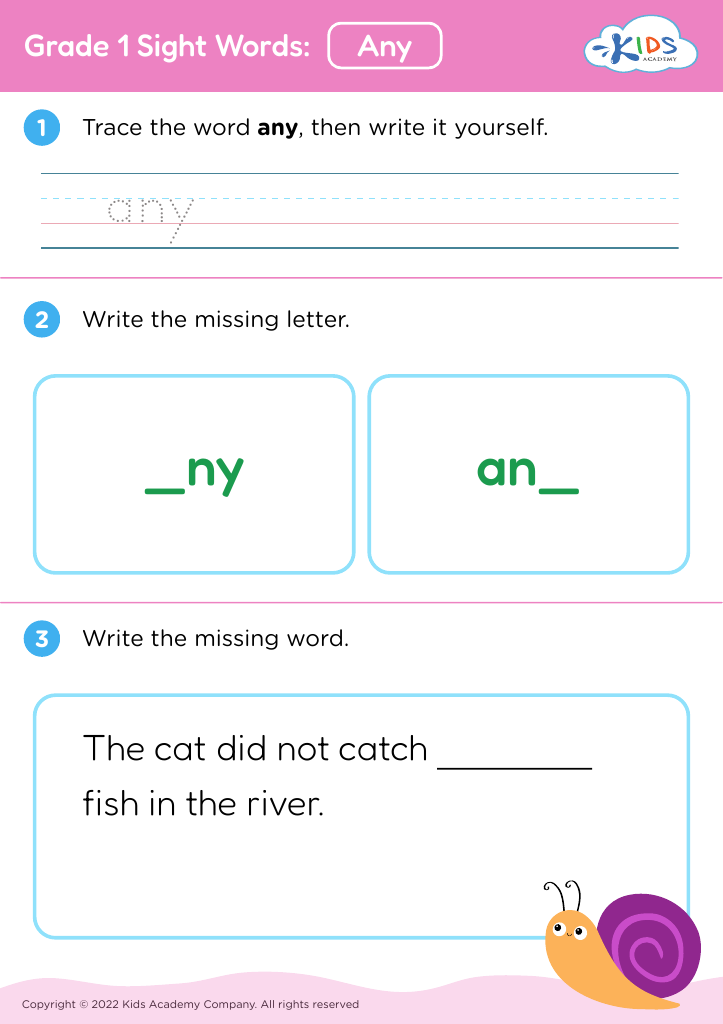Fraction simplification Reading Worksheets for Ages 7-9
11 filtered results
-
From - To
Help young learners master the art of fraction simplification with our engaging Fraction Simplification Reading Worksheets, designed specifically for ages 7-9. These interactive worksheets not only make learning fractions fun but also enhance essential reading skills. Combining colorful visuals and clear instructions, each worksheet breaks down complex mathematical concepts into easily digestible chunks. Perfect for both classroom and home use, they cater to various learning styles and adequately prepare children for advanced mathematical challenges. Visit Kids Academy to access our full collection and watch your child’s confidence and proficiency in fractions soar!


Homework Blues Worksheet
Parents and teachers should care about teaching fraction simplification to children ages 7-9 because it builds foundational math skills critical for their future academic success. Simplifying fractions enhances a child's number sense and understanding of the part-whole relationship, essential concepts in many areas of mathematics. Mastery of this skill can make it easier for children to tackle more advanced math problems involving fractions, such as addition, subtraction, multiplication, and division.
Learning to simplify fractions also encourages logical thinking and problem-solving skills. It requires children to find common factors and understand equivalency, deepening their overall math comprehension. Additionally, simplifying fractions helps students achieve confidence and proficiency in math, reducing anxiety and boosting performance in assessments.
Moreover, early exposure to simplifying fractions can instill a positive attitude towards learning math, demonstrating to children that math is an attainable and enjoyable subject. This positive foundation is crucial for fostering a long-term love for math and encouraging continuous learning.
Involving parents and ensuring consistency between home and school learning environments enriches the child's educational experience. Engaged and knowledgeable parents can offer better support with homework and real-life applications, like cooking or shopping, demonstrating the everyday importance of math.
Together, parents and teachers can create a reinforced and holistic learning atmosphere that emphasizes the value and enjoyment of math skills, such as fraction simplification, from an early age.

 Assign to My Students
Assign to My Students



















.jpg)
.jpg)









